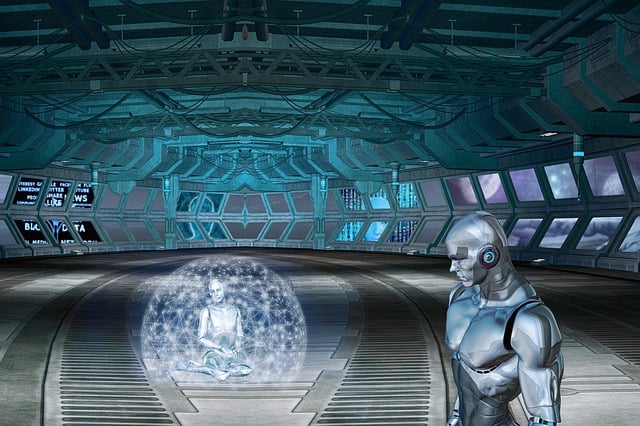
Agentic AI
AI systems that can operate autonomously, making decisions and taking actions to achieve goals without direct human intervention!

Data Science
Adopt AI&ML Algorithms for Predictive Analytics!

CRM AI
Integration of ML and NLP into traditional Customer Relationship Management!

AgriTech
Using AI, IoT, drones, and data analytics to improve the efficiency, productivity, and sustainability of agricultural practices.!

IIoT
Manufacturing using emerging technologies refers to the integration of advanced tools like AI, IoT, robotics, 3D printing, and smart automation to enhance production efficiency, customization, and innovation in industrial processes.

Cyber Security
Protecting Systems, Networks, and Data from Digital Attacks, Unauthorized Access, and Damage.



